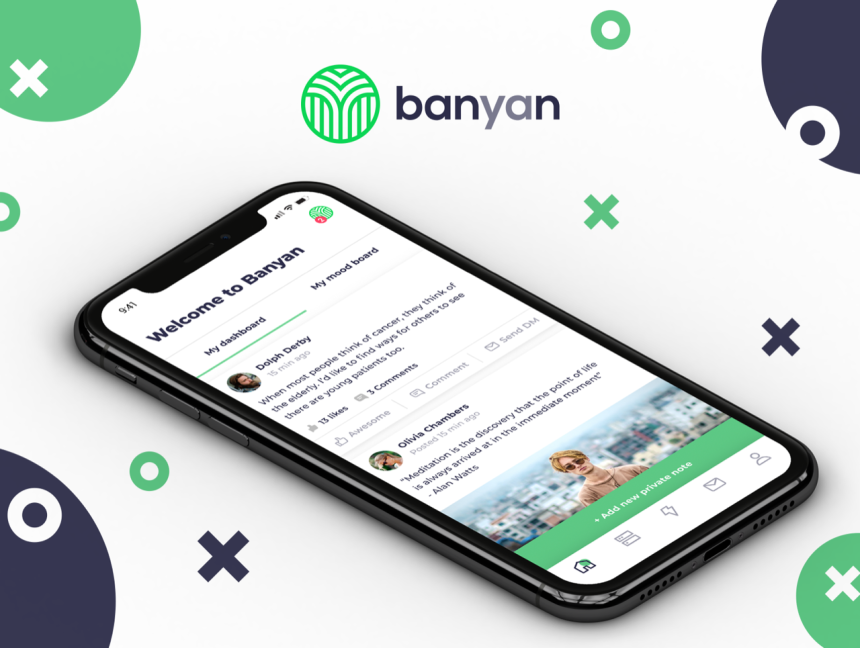When diagnosed with cancer, it’s natural for a patient to focus on the physical treatments – surgery, radiation, chemotherapy – needed to beat the disease. But the emotional and mental health dimensions of a cancer diagnosis can be overlooked – feelings of anxiety, depression, loss, isolation, anger and more can interplay with illness, exacerbating a stressful and difficult time in a person’s life. This is especially true for young adults with cancer. Young adulthood is the most likely time for the onset of mental health difficulties, and it can be challenging for young people to identify and express the complex emotions that come with cancer.
As a psychologist at Brigham and Women’s Hospital and the Dana-Farber Cancer Institute, Karen Fasciano, PsyD, has been a part of medical teams that treat young adults with cancer for more than 20 years. She knows the psychological toll that grappling with a life-threatening illness and its treatment can have on young adults who are establishing their careers, families and life goals. “Many young patients find their lives on hold,” said Fasciano. “Overwhelming changes related to cancer bring unfamiliar and intense emotions. I wanted to address the emotional aspects of being sick for young patients.”
Fasciano’s team has worked with collaborators to help young adults with cancer build a sense of community and develop coping skills in a non-traditional way: through a smartphone app specifically designed to address the emotional needs of young adults coping with cancer, built with input and feedback from patients.
The app, called banyan, is set to launch in late summer and will be made available to young adults being treated at the Dana-Farber/Brigham and Women’s Cancer Center (DFBWCC). Fasciano, the program director of the Young Adult Program, and her team have been working with the Brigham Digital Innovation Hub (iHub) over the last two years to help turn the idea into a reality. The iHub team recommended soliciting and incorporating input from patients early in the app’s development.

